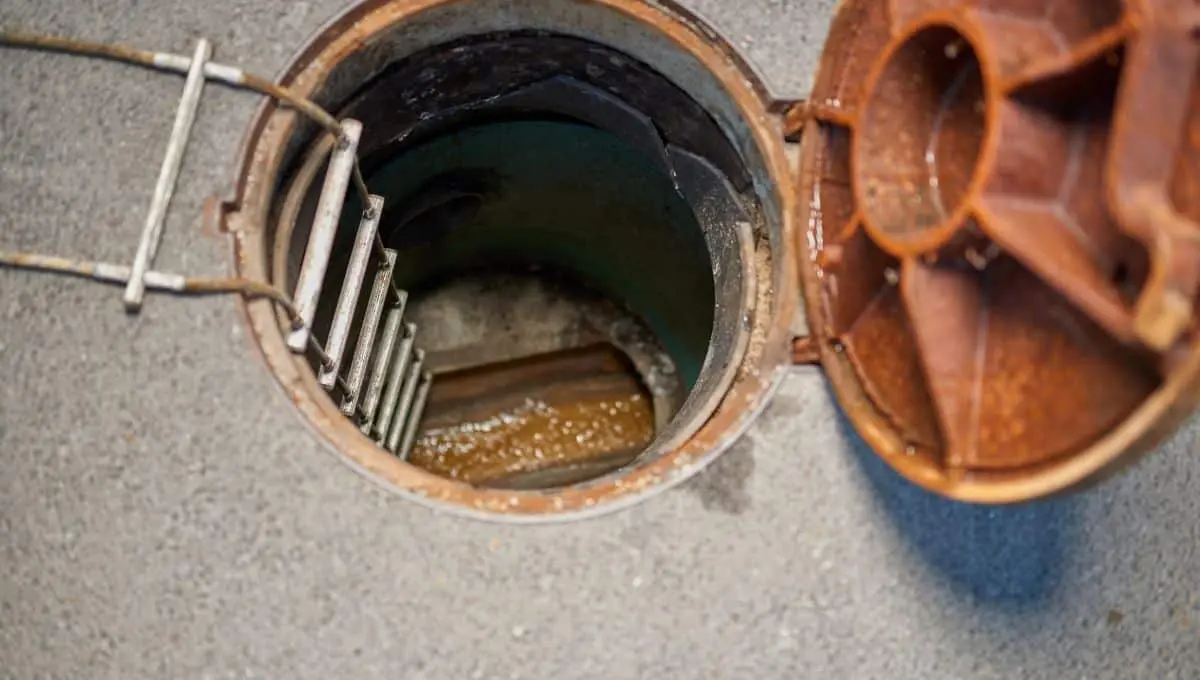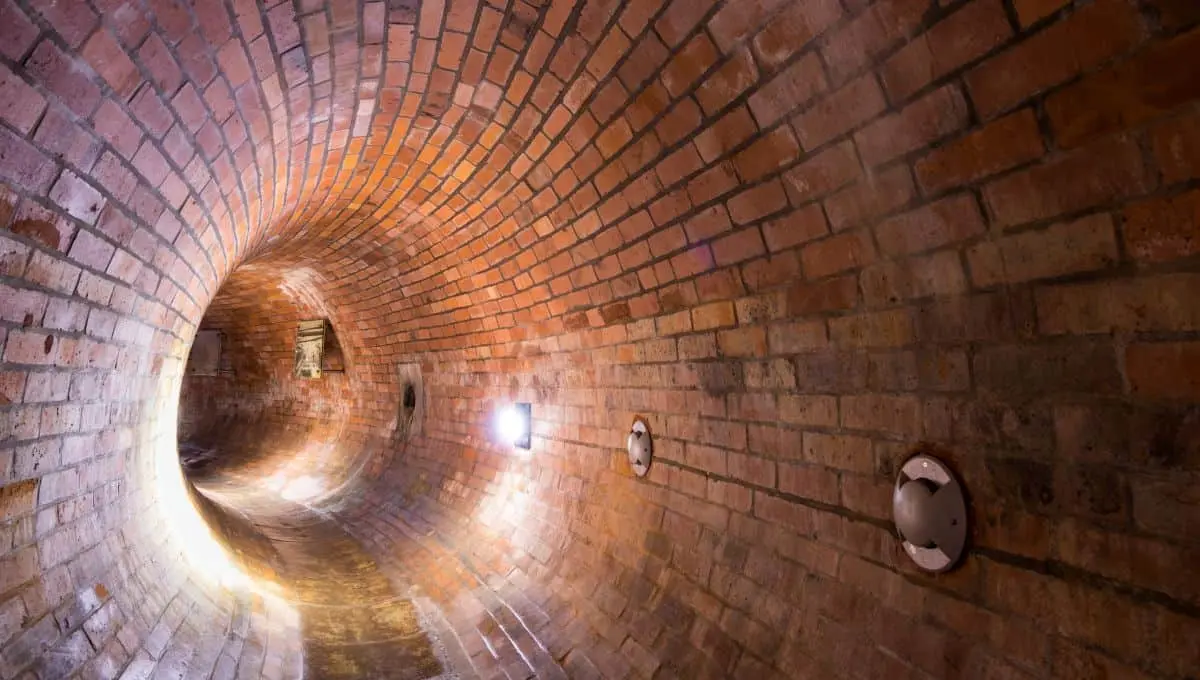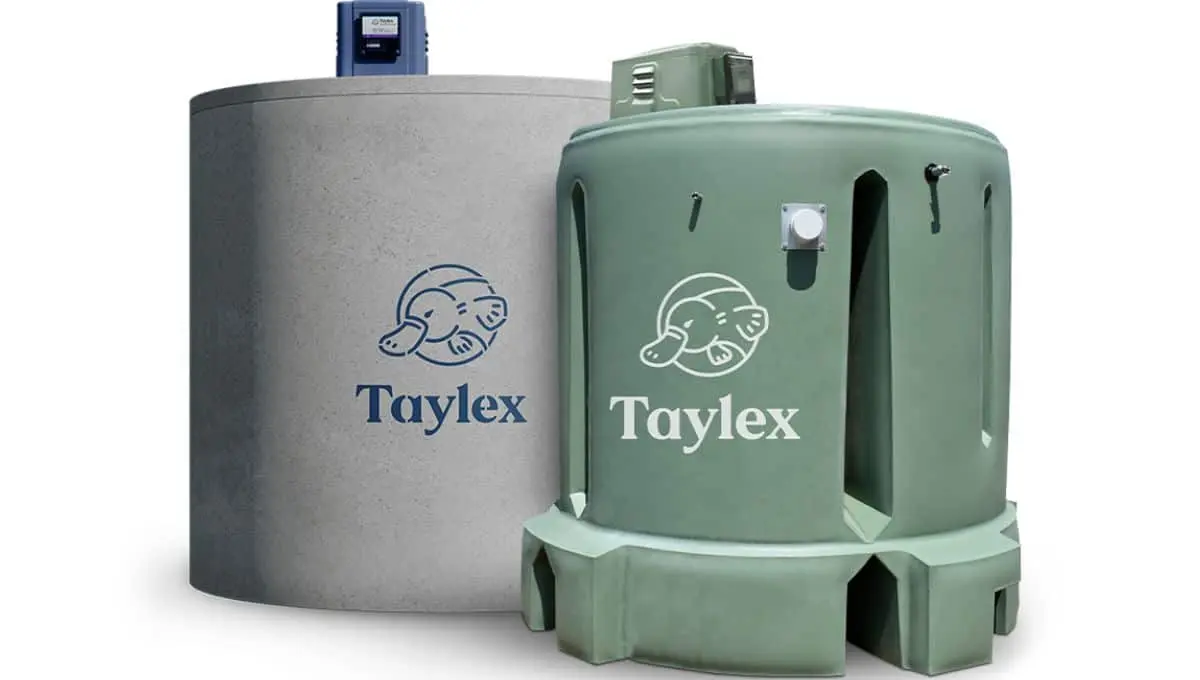
Choosing between a septic system and a sewer connection can be daunting. Septic vs Sewer: Both have merits and drawbacks and are suited to different living environments and budgets. This guide will help you understand each system’s benefits, enabling you to make an informed decision that best fits your household’s needs.
What is a Septic System?
Septic systems are used in rural areas to treat wastewater. They have two main components: a septic tank and a drain field. The septic tank processes and separates solid waste. The liquid waste is filtered through the drain field and treated by the soil. Types of septic systems include:
- Conventional Gravity Systems: Utilises gravity to move wastewater and is suitable for various property sizes.
- Aerobic Systems: Incorporates oxygen to increase bacterial decomposition, ideal for regions with stringent environmental regulations or poor soil conditions.
- Mound or Sand Filter Systems: Designed for challenging soil types or limited space, ensuring effective wastewater treatment.
What is a Sewer system?
A sewer system is an underground network of pipes that transports wastewater from properties to a central treatment facility. There, the wastewater undergoes processing to remove contaminants before being released or reused. Processing includes screening, sedimentation, and disinfection. This system effectively manages urban sewage.
Septic vs Sewer Pros and Cons
Understanding the advantages and disadvantages of both systems is essential for making an informed choice.
Pros and Cons of Septic Systems
Advantages:
- Independence: Provides homeowners autonomy over their wastewater management.
- Cost-Efficiency: Higher initial costs but generally lower long-term expenses
- Eco-Friendliness: Reduces strain on municipal systems and can be sustainable with proper maintenance.
Disadvantages:
- Land Requirements: Requires adequate space for the septic tank and drain field.
- Maintenance Needs: Regular inspections and pumping are necessary.
- Site Suitability: Not suitable for properties with poor soil drainage or high groundwater levels.
Pros and Cons of Sewer Systems
Advantages:
- Convenience: Simplifies wastewater management without the need for on-site maintenance.
- Mandatory in Urban Areas: Often a requirement for city dwellings and new developments.
- Reliability: Managed by municipal authorities to ensure consistent functionality.
Disadvantages:
- Ongoing Costs: Involves monthly fees and potential rate increases.
- Infrastructure Concerns: Aging systems can pose risks of leaks and environmental contamination.
Key Differences: Cost, Maintenance, and Environmental Impact

Choosing between septic and sewer systems involves considering costs, maintenance demands, and environmental impact.
1. Cost Comparison: Septic vs Sewer
I. Installation Costs
Septic systems generally have higher upfront costs due to necessary excavation and system construction. In contrast, sewer connections might be cheaper initially if the infrastructure is already in place.
Looking for details on septic tank system installation? Discover everything in our post on “Septic Tank Installation.“
II. Maintenance Costs
Septic systems require regular maintenance, which can be costly over time. In contrast, sewer systems typically involve monthly fees without needing individual maintenance.
III. Long-term Financial Considerations
Evaluate ongoing maintenance costs, potential repairs, and utility fees when assessing the financial impact.
2. Maintenance and Durability
I. Septic System Upkeep
Involves regular inspections and periodic pumping to prevent issues such as blockages or overflows.
II. Sewer System Maintenance
Issues such as blockages or system failures need immediate attention from municipal services
3. Environmental Impact
I. Septic Systems
When properly maintained, these systems have a minimal environmental footprint, treating wastewater efficiently on-site.
II. Sewer Systems
Sewer systems can significantly strain municipal treatment facilities, especially in highly populated areas, leading to potential environmental degradation.
How to Choose Your Waste Management System?
Selecting the right system requires a comprehensive evaluation of your property’s needs.
Factors to Consider
- Property Size and Location: Rural properties often benefit from septic systems due to the lack of municipal infrastructure, whereas urban areas typically require or benefit from sewer systems.
- Soil and Land Conditions: Soil type, groundwater levels, and terrain should influence the decision, especially for septic systems.
- Budget: Carefully consider the initial installation costs versus long-term maintenance.
- Local Regulations and Availability: Familiarise yourself with regulations that might dictate your options.
Essential Maintenance Tips: Keeping Your System in Top Shape
Proper maintenance is key to ensuring the longevity and efficiency of your waste management system, regardless of the system you choose.
Proper Maintenance for Septic Systems
Maintain septic systems by scheduling inspections every 3 years. Pump the tank every 3-5 years, and avoid flushing non-biodegradable items to prevent clogs and repairs.
Common Issues and Solutions
Common issues include odours, slow drainage, and backups. Address promptly to prevent further damage. Solutions include repairing leaks, unclogging pipes, and replacing damaged components.
Signs of Trouble and When to Call a Professional
Warning signs include gurgling drains, soggy yards, and indoor odours. If you notice these, contact a septic professional immediately for assessment and repairs.
Sewer System Care
Avoiding Blockages
Prevent clogs by not flushing grease, food, and sanitary products. Also, avoid harsh chemicals and oils, as these can damage pipes.
Responsible Water Use
Use water efficiently with low-flow fixtures. Avoid excessive usage, especially during peak times, to minimise strain on the septic system.
Common Myths and Facts
Let’s dispel some common misconceptions about septic and sewer systems to help you make a smarter decision.
Myth 1: Septic systems always smell bad
Fact: With proper maintenance, septic systems should not emit odours.
Myth 2: Sewer systems are completely maintenance-free.
Fact: Municipalities manage sewer system maintenance, but they have challenges.
Myth 3: Septic Systems Are Always More Expensive
Fact: Septic systems have higher upfront costs but can provide long-term savings through lower maintenance expenses than sewer systems.
Making the Right Choice: Is Septic or Sewer Best for You?

When deciding between a septic system vs sewer connection, consider location, soil, budget, and environmental impact. Rural areas often rely on septic systems due to limited sewer access, while urban properties typically have sewer connections. Assess soil permeability and suitability for septic, weighing installation costs against long-term financial implications. Properly maintained septic systems can be eco-friendly, but sewer systems must be well-managed to avoid straining municipal treatment. Consult experts for personalised recommendations.
With years of experience, Taylex can provide the guidance you need to choose the right wastewater solution for your property. Contact Taylex today to take the first step towards sustainable waste management.
Septic vs Sewer System: FAQ
Is a septic system the same as a sewage treatment plant?
No, they’re different. A septic system treats wastewater at the individual property level, while sewage treatment plants handle it on a community scale.
How do I know if my house has a septic or sewer system?
You likely have a sewer system if your property connects to a municipal sewer line. If not, you likely have a septic system. Additionally, visible signs such as a septic tank in your yard can indicate a septic system, or you can simply check with local authorities.
Can I convert my home from a septic system to a sewer connection?
You can convert your home from a septic system to a sewer connection. It depends on local infrastructure and local regulations.
What are the risks of buying a house with an old or poorly maintained septic system?
The risks of buying a house with an old or poorly maintained septic system include system failure and environmental hazards. The system may also malfunction, leading to sewage backups, property damage, groundwater contamination, or nearby water bodies.
How often should I have my septic tank pumped if I have a small household?
For small households, every three to five years is generally sufficient.